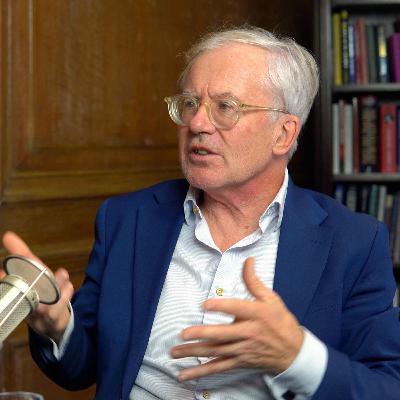The black hole myth & the brain drain conundrum
Description
With Budget week finally at an end, certain mysteries remain. Chief among them is why the Chancellor decided to give an emergency speech preparing the public for a rise in income tax.
On 4 November, Rachel Reeves summoned journalists to Downing Street early in the morning to warn that ‘the productivity performance we inherited is weaker than previously thought’. She then refused to rule out hiking income tax rates – sending a clear signal to markets that rises were coming. Nine days later, however, the Treasury let it be known via the FT that income tax increases would not be needed after all. When the gilt market reacted badly – assuming Reeves had abandoned fiscal tightening – Bloomberg was quickly briefed that the U-turn was due to a more favourable picture from the Office for Budget Responsibility (OBR) watchdog.
Now that the dust has settled, however, the facts don’t support any of this. For starters, despite Reeves’s comments about the weak ‘productivity performance’, there was no productivity-related black hole to plug. It wasn’t that the downgrade to productivity growth was milder than expected – in fact it was severe, amounting to £16 billion. But this was more than offset by a £31 billion increase in expected tax receipts, driven by persistent inflation pushing up wages and making the economy more ‘tax rich’. The result: no black hole at all. Before her Budget measures were included – the benefits U-turns and spending increases – Reeves was actually sitting on a £4 billion surplus against her fiscal rules. She didn’t technically need to do anything.
To discuss the black hole mystery, Megan McElroy is joined by Tim Shipman and Michael Simmons. They also cover new data on the UK's brain drain, and assess whether the figures should be a cause for concern.
Become a Spectator subscriber today to access this podcast without adverts. Go to spectator.co.uk/adfree to find out more.
For more Spectator podcasts, go to spectator.co.uk/podcasts.
Contact us: podcast@spectator.co.uk
Hosted on Acast. See acast.com/privacy for more information.
























